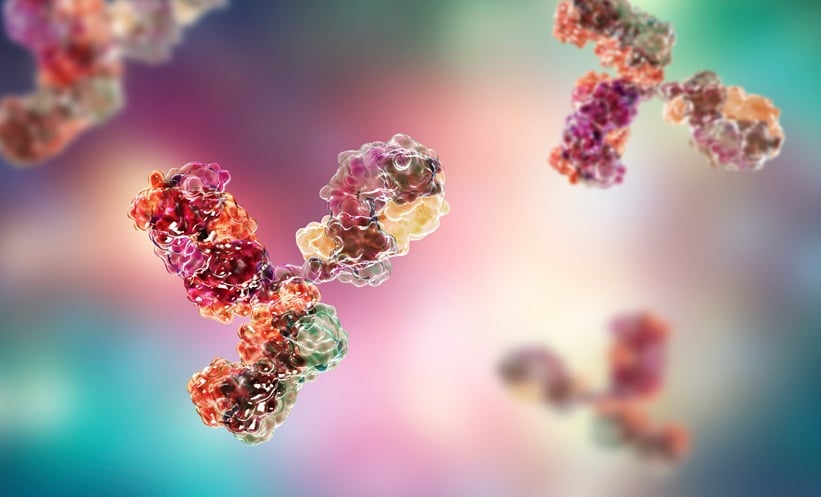HEREDITARY angioedema (HAE) is a rare genetic disorder characterised by recurrent episodes of swelling in the skin, gastrointestinal tract, and upper airway. This potentially life-threatening condition is most commonly caused by a deficiency or dysfunction of the C1 inhibitor (C1INH) due to SERPING1 gene mutations. These disruptions lead to overproduction of bradykinin, which in turn causes increased vascular permeability and tissue swelling.
HAE often begins in childhood, with many experiencing their first attack before the age of 10. Symptoms tend to worsen around puberty, significantly affecting quality of life. Management includes on-demand treatments, short-term prophylaxis, and long-term prophylaxis (LTP). Until recently, treatment options for children and adolescents were limited, with plasma-derived C1INH being the mainstay. However, the introduction of lanadelumab has expanded the landscape of LTP options.
Lanadelumab is a monoclonal antibody that inhibits plasma kallikrein and is approved for prophylaxis of HAE attacks in patients aged 2 years and older in several countries. Recent post hoc analysis of two real-world studies, EMPOWER and ENABLE, assessed the effectiveness of lanadelumab in adolescents aged 12–17.
The analysis demonstrated significant reductions in HAE attacks among adolescent patients. In newly treated adolescents, the mean monthly attack rate decreased by over 84%, with many achieving zero attacks during treatment. These results mirror those seen in adult populations and in the Phase 3 HELP and HELP OLE trials, reinforcing lanadelumab’s efficacy.
Importantly, no new safety concerns were identified. Treatment-emergent adverse events were generally mild or moderate, and injection site reactions were absent among adolescents in the EMPOWER and ENABLE studies.
Although small sample sizes and potential data limitations were noted, these real-world findings support lanadelumab as a safe and effective first-line LTP option for adolescents with HAE. This offers hope for improved disease control and quality of life in a population historically underserved in clinical research.
Reference
Tachdjian R al. Effective long-term prophylaxis with lanadelumab in adolescents with hereditary angioedema: EMPOWER/ENABLE. Pediatr Allergy Immunol. 2025;36(4):e70072.





